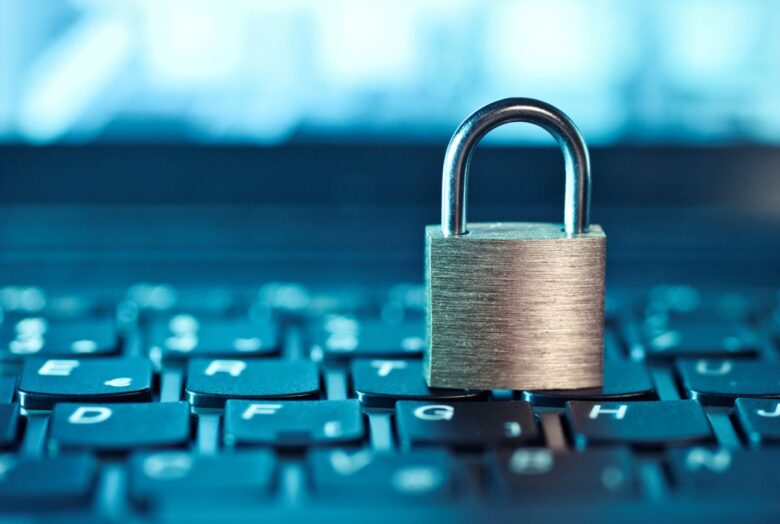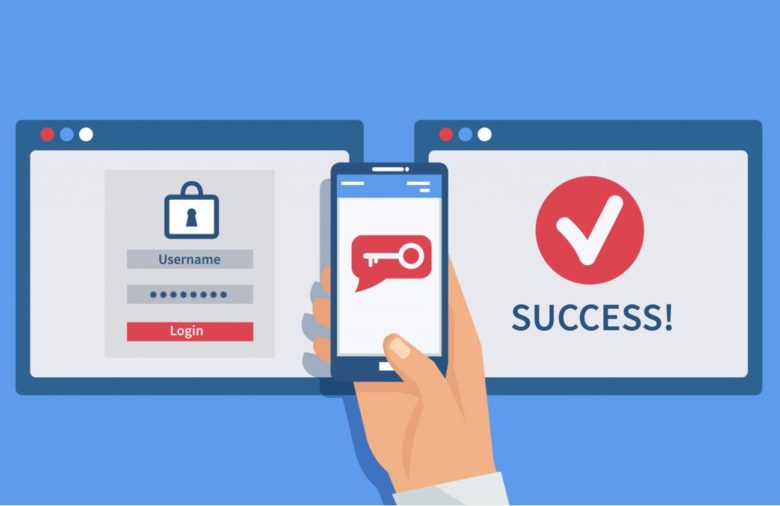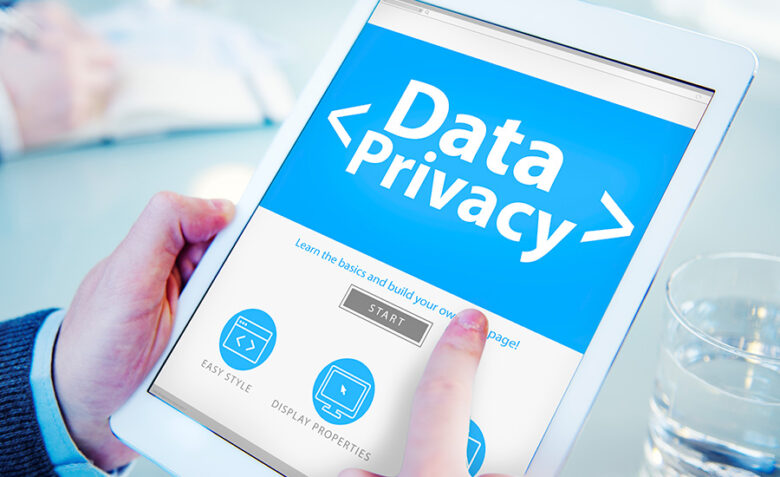As we become increasingly dependent on the internet, we also become increasingly vulnerable to cybercriminals. The real estate industry is a prime target for cybercriminals, not just because of the sheer wealth that the industry earns, but also because real estate companies hold enormous amounts of data.
A cyberattack can hurt your business in more ways than just financial loss or data leaks. The media is quick to pounce on this type of news, and whenever a business is found to be the victim of a data leak or a ransomware attack, the trust of its clientele tends to diminish, especially when you consider that large amounts of money are always involved in real estate-related transactions. Data protection is one of the most important aspects of running a big business. Here are some essentials that every real estate business needs to implement.
1. Limit the Client Data You Store

Limiting client data frees up valuable database space while limiting the risks that your clients are exposed to in the event that your data gets leaked. Storing too much client data also makes your business a prime target. Store only information necessary to establish communications with your clients such as contact data and keep financial data vague (i.e. instead of indicating bank information and mortgage approval status, simply indicate this with a Y or N).
2. Run a Security Audit
Before you can bolster your data security, you first need to determine the level of your data security currently in place. A security audit tests your data security system against an array of attacks and exploits in order to reveal any vulnerabilities in your security system. A security audit also tests your physical security measures. This is important, since most hackers also acquire sensitive information from physical and virtual trash bins.
3. Be Wary of Your Interactions With Third Parties

Apart from ensuring that your security measures are up to the task, it’s important to look at the third-party organizations that you interact with on a regular basis, especially when you exchange information often. Check that both your transfer methods are secure, and that documents shared should be only in read-only mode. If the other party isn’t taking reasonable precautions, this should be treated as a red flag and you should look for a different organization to work with.
4. Employee Training
Training your employees on the proper handling of data is crucial to repelling any hacking attempts. The basics of data protection may suffice for most businesses, but more often than not, you may need to implement additional measures such as installing surveillance systems from companies like Edge CCTV, Inc, and limiting data access to only those who are directly responsible for project and translation completion. Training your employees on the basics of cybersecurity will allow them to detect phishing attempts and will also help them form best practices.
5. Implement Multi-Factor Authentication

An MFA is an authentication method that requires users to provide two or more certification factors in order to gain access to a particular resource. Instead of just asking for a username and password, an MFA requests for other credentials such as a pin from a phone app or a fingerprint read. OTPs are one of the most effective MFAs because a new code is generated whenever an authentication request is submitted.
6. Install and Run Antivirus Software
Computer security begins with its users. An antivirus system is your primary defense against malware. Scan your systems regularly and ensure that your antivirus software is always up-to-date. These updates contain security patches that are essential to securing any vulnerabilities that hackers may have developed over time. It’s also important to choose a software program that offers the features that you need, while also matching your budget.
7. Develop a Backup Plan

Despite our best efforts, malware and viruses can still infiltrate computer systems and networks. Cybersecurity is an arms race, and there are times when hackers get the upper hand and are able to exploit vulnerabilities in even the latest security patches. It’s during this situation when a definite backup plan needs to be in place. Redundancies such as backup servers are important in order to protect your valuable data.
You can also consider using a cloud service to store and retrieve your data. Cloud storage is typically a good alternative to physical servers because the companies that run the cloud service often have top-level security measures. This also means that you’re able to save money on equipment and costs related to maintaining your servers.
8. Only Use a Secure Web Gateway
A secure web gateway is an advanced network security service that inspects web requests and compares these requests to company policy. Any request that fails this inspection is blocked and rendered inaccessible through the company computer. A secure web gateway can come either through an on-premise system or through a cloud service. A secure web gateway is especially important for larger real estate companies, as they tend to store client banking information.
9. Implement Policies On Maintaining and Destroying Data

As previously mentioned, one of the ways that hackers get their hands on client information is through company trash bins. This is also true for software trash bins. In fact, deleted data may be more accessible than most people think. Hackers can use data restoration programs to retrieve the deleted data. In fact, when you delete a file, you only remove the pointers to that file. The actual data remains on the hard drive. Most companies hire professional hard drive destruction specialists, such as Corodata, to physically destroy their discarded hard drives and ensure that the information they contain is permanently destroyed. The only way to completely remove all traces of data from a hard drive and any type of media is with physical hard drive and media destruction. You can protect your business with hard drive shredding, which will ensure the sensitive data stored on your discarded hard drives can never be accessed.
Cybersecurity risks are constantly evolving. While all of these essentials are important in the protection of your client data, you have to understand that they are only effective for a time being. There is a constant need to adapt to the ever-changing landscape. It’s important to review these tips often and to make adjustments to your data protection policies as needed.

